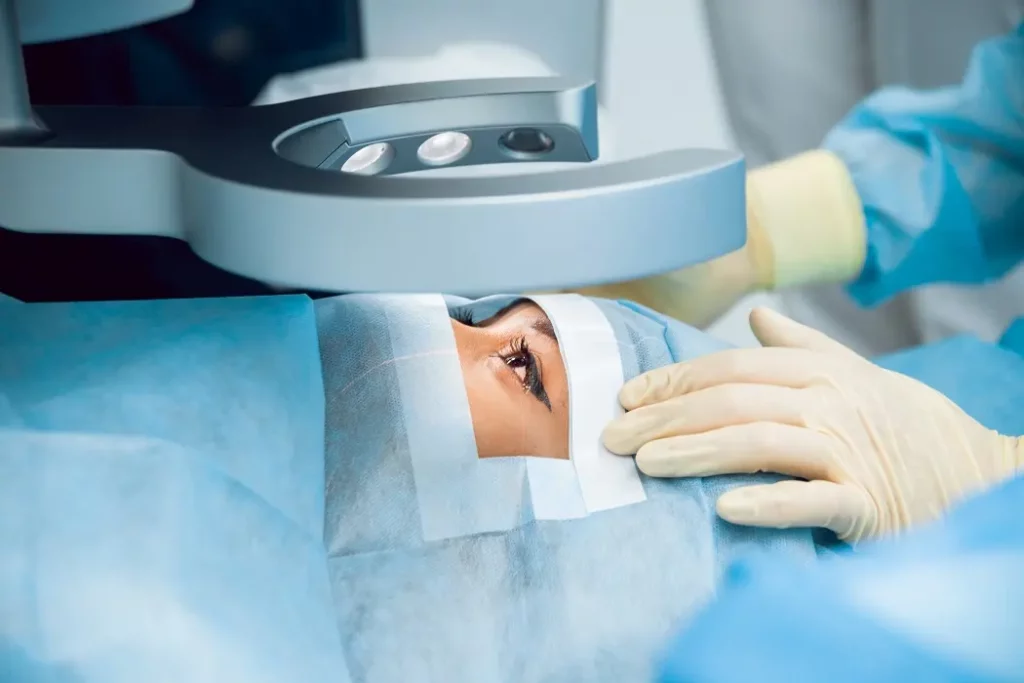Featured
Table of Contents

Normal eye exams are necessary for maintaining excellent vision and identifying potential eye wellness concerns early. The regularity of these exams can differ dramatically based on an individual's age, lifestyle, and overall health. Understanding the suggested schedule for eye exams can help make certain that individuals of every ages get proper care and surveillance for their eye wellness.
Newborns and Toddlers (0-2 Years)
For infants and young children, eye tests are important for finding any prospective vision troubles beforehand. The American Academy of Ophthalmology recommends that a child's first eye examination should happen at around six months old. During this preliminary go to, the eye care specialist will certainly evaluate the child's visual development and look for any noticeable eye problems.Following this very first examination, it is suggested that children have one more eye examination at age 3. This check out will focus on analyzing the youngster's overall visual function, consisting of eye positioning and the capacity to track items. If no concerns are spotted, the next examination ought to be set up prior to the kid starts institution, commonly around age five or 6.
School-Aged Kids (6-18 Years)
Normal eye exams need to be scheduled every one to two years as soon as kids get to school age. Vision is important for learning and advancement, and numerous colleges perform vision testings. However, these screenings do not change a detailed eye exam by an eye care specialist.For youngsters associated with sports or tasks calling for substantial aesthetic emphasis, yearly eye examinations might be advisable. In addition, if a child shows indications of vision problems-- such as problem reading, squinting, or frequent headaches-- a see to the eye physician should be set up asap.
Youthful Grownups (19-39 Years)
Young person normally have fewer vision adjustments than older age teams, but normal eye tests remain necessary. The basic recommendation is to schedule an eye test every 2 years during this period. Individuals with certain risk factors-- such as a household background of eye illness, diabetic issues, or those who use get in touch with lenses-- must think about yearly eye exams.In addition, those who invest considerable time on electronic tools may experience digital eye strain. If signs and symptoms such as dryness, exhaustion, or obscured vision happen, it may be important to see an eye treatment specialist faster.
Grownups (40-64 Years)
As individuals go into center age, the possibility of establishing vision troubles boosts. Grownups aged 40 to 64 need to set up eye exams every one to two years. This age may begin to experience presbyopia, an all-natural age-related problem that makes it challenging to concentrate on close items. Eye exams can also help detect other typical age-related conditions such as glaucoma, cataracts, and macular deterioration.If people in this age team have threat elements like high blood pressure or diabetes mellitus, they might call for more constant assessments to check their eye health and wellness closely.
Senior Citizens (65 Years and Older)
For elders, normal eye exams end up being even extra important. The American Optometric Association suggests that individuals matured 65 and older have an eye exam at least when a year.Final thought.
Understanding the ideal schedule for eye tests based on age is essential for maintaining optimum eye health throughout life. By sticking to these standards and seeking advice from with an eye care professional, individuals can take aggressive steps towards preserving their vision and total health and wellness.Table of Contents
Latest Posts
Selecting the Right Location: What to Think about for Wedding Celebrations, Conferences, and Occasions
Published Mar 06, 25
1 min read
Discover Relaxation at the Claridge Indoor Swimming Pool
Published Feb 13, 25
1 min read
Living Area Furniture Styles
Published Jan 22, 25
0 min read
More
Latest Posts
Selecting the Right Location: What to Think about for Wedding Celebrations, Conferences, and Occasions
Published Mar 06, 25
1 min read
Discover Relaxation at the Claridge Indoor Swimming Pool
Published Feb 13, 25
1 min read
Living Area Furniture Styles
Published Jan 22, 25
0 min read